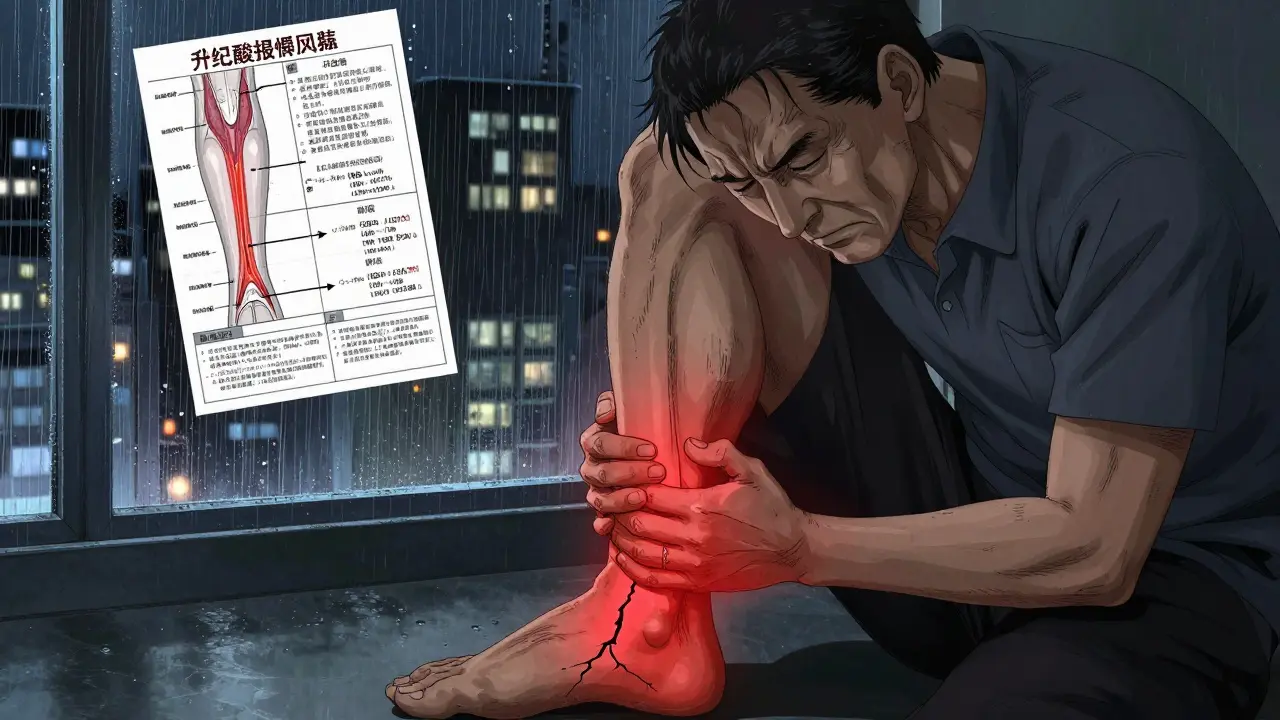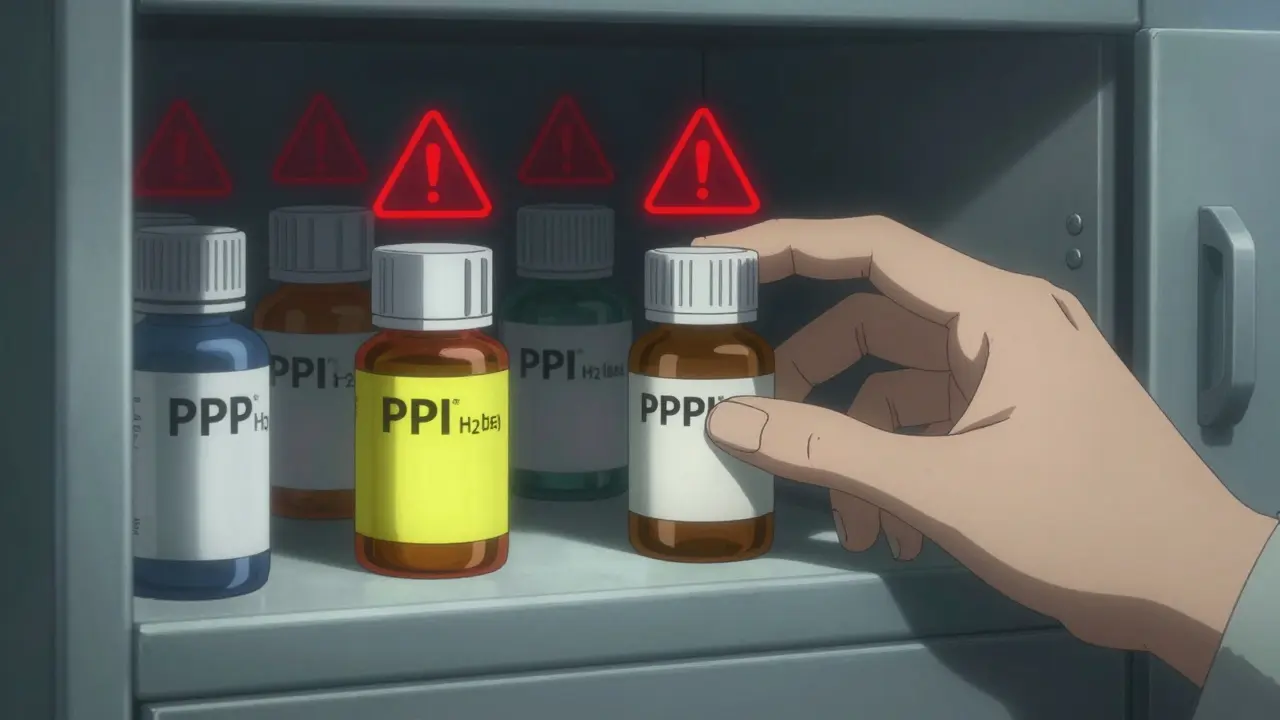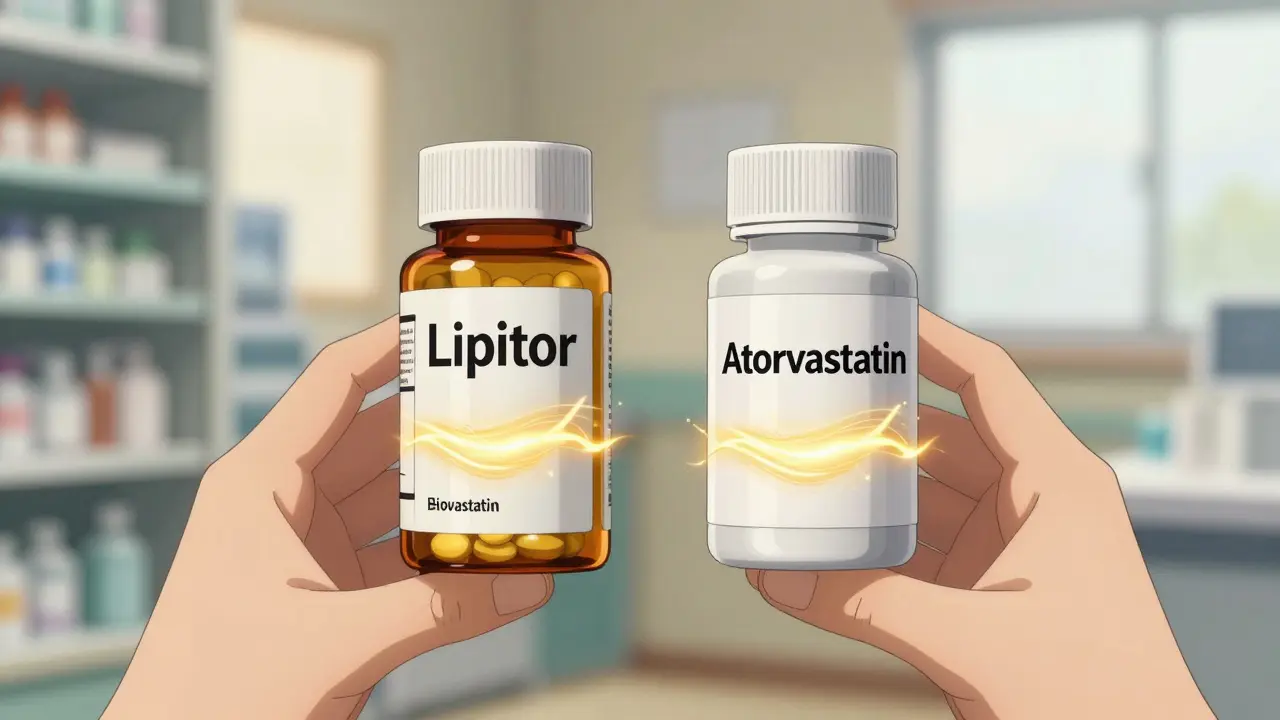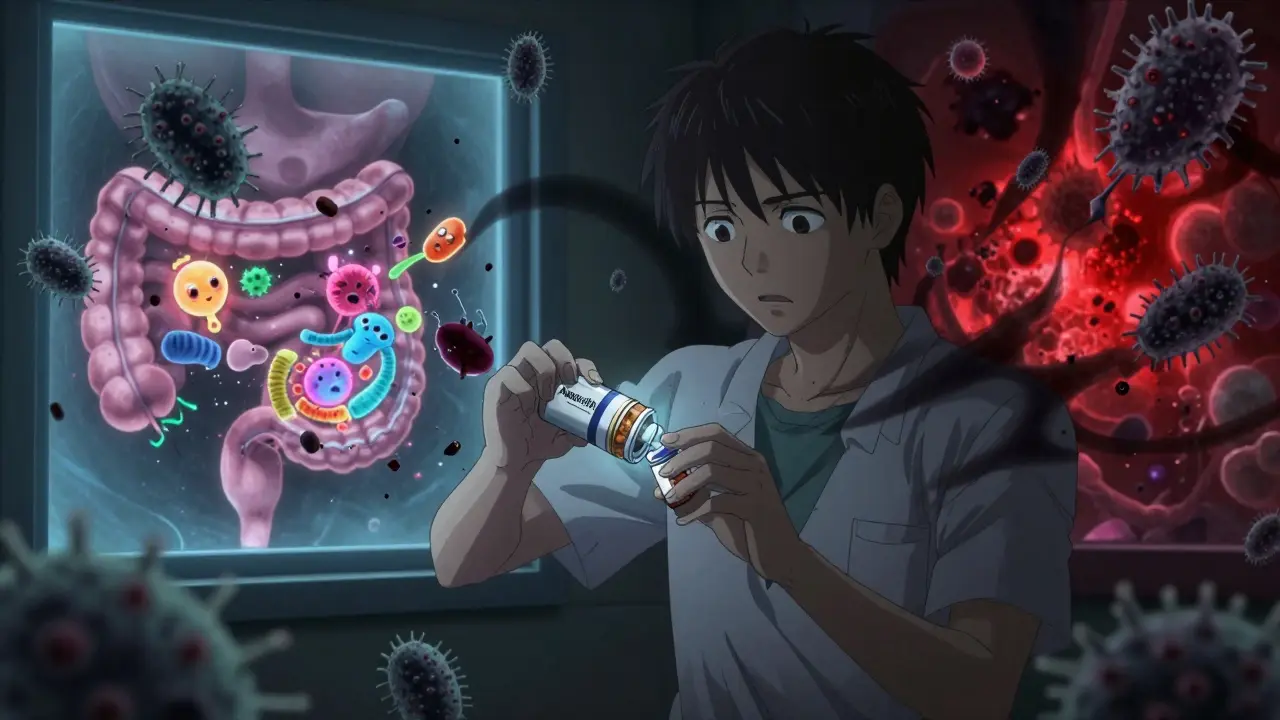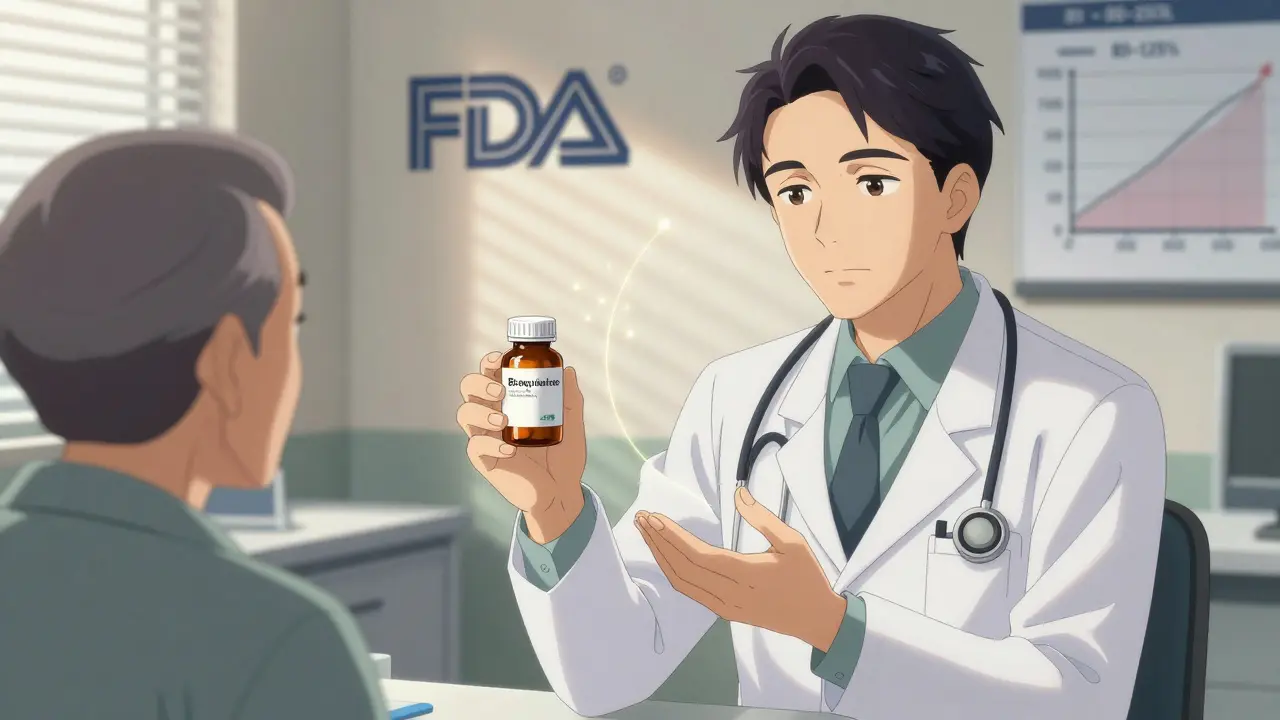Rare Diseases Advocacy: Simple Steps to Take Action
Rare diseases affect millions of people worldwide, but they often stay hidden because each condition is uncommon. That’s why advocacy matters – it shines a light on patients’ needs, pushes research forward, and helps shape policies that improve care. You don’t need a medical degree to make a difference; just a willingness to act.
Why Rare Disease Advocacy Matters
When a disease is rare, doctors, insurers, and governments may lack clear guidelines. Advocacy groups fill that gap by gathering real‑world data, sharing patient stories, and lobbying for better funding. Those efforts have led to faster drug approvals, more insurance coverage, and increased public awareness. In short, every voice added to the conversation speeds up progress for the whole community.
Ways You Can Support Rare Disease Communities
Share Personal Stories. A single account of living with a rare condition can humanize statistics and motivate policymakers. Write a blog post, record a short video, or simply talk to friends about what you’ve learned.
Join a Patient Group. Organizations like Rare Disease UK, NORD, and disease‑specific societies provide newsletters, webinars, and local meet‑ups. Membership often gives you access to research updates and a network of people who understand your experience.
Volunteer at Events. Fundraisers, awareness walks, and conference panels always need hands on deck. Even a few hours of your time can boost turnout and spread the word.
Fundraise Creatively. Set up a crowdfunding page, sell custom merchandise, or host a virtual game night. Friends and family love to support a cause that feels personal, and the money raised can go straight to research grants or patient assistance programs.
Use Social Media Wisely. Post reliable facts, tag relevant charities, and use hashtags like #RareDiseaseDay. Connecting with influencers who have a large audience can amplify your message dramatically.
Speak to Legislators. Write a concise email, request a meeting, or join a lobbying day organized by an advocacy group. Focus on one clear ask—whether it’s more research funding, faster drug approval pathways, or better insurance coverage.
Stay Informed. Reliable sources matter. Websites like OKB Therapeutics Forum offer up‑to‑date drug guides, disease overviews, and supplement safety tips. Bookmark trusted portals so you can share accurate information when questions arise.
Advocacy isn’t a one‑time event; it’s a series of small actions that add up. Pick one or two ideas that fit your schedule, commit to them, and watch the ripple effect grow. The rare disease community thrives when patients, families, and supporters work together, and your effort could be the spark that drives real change.

Duchenne Muscular Dystrophy Explained: Key Facts, Data, and Tips for Advocates
Discover essential facts, statistics, and tips about Duchenne muscular dystrophy to share as an advocate. Gain confidence in communicating DMD insights.
